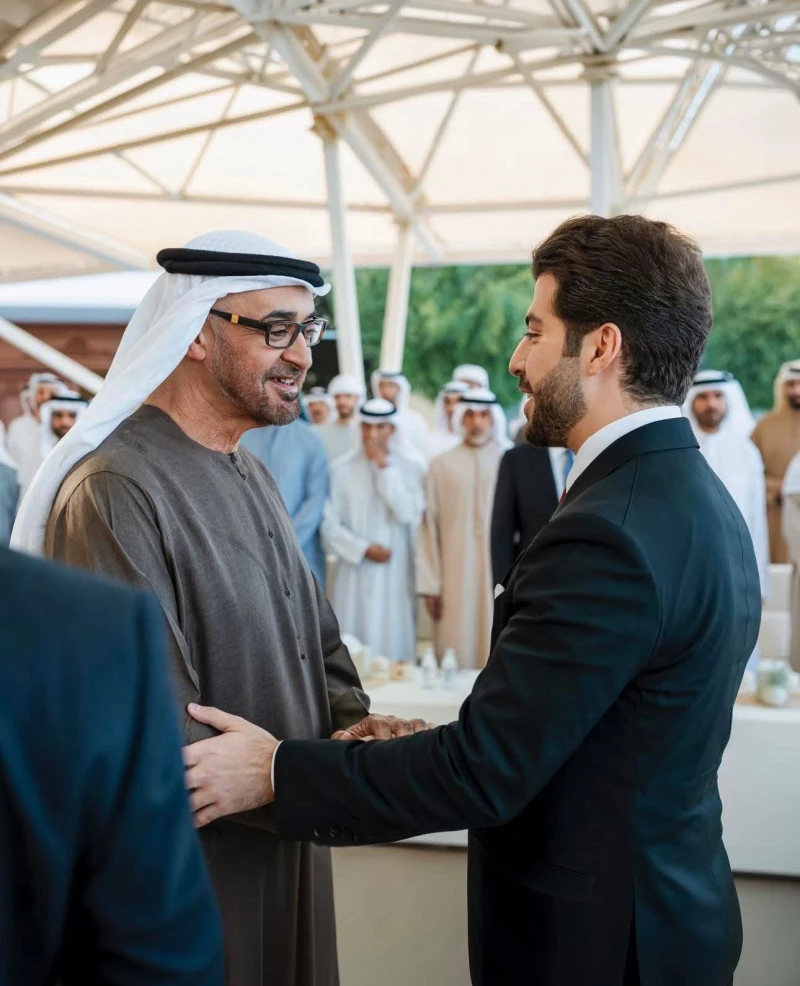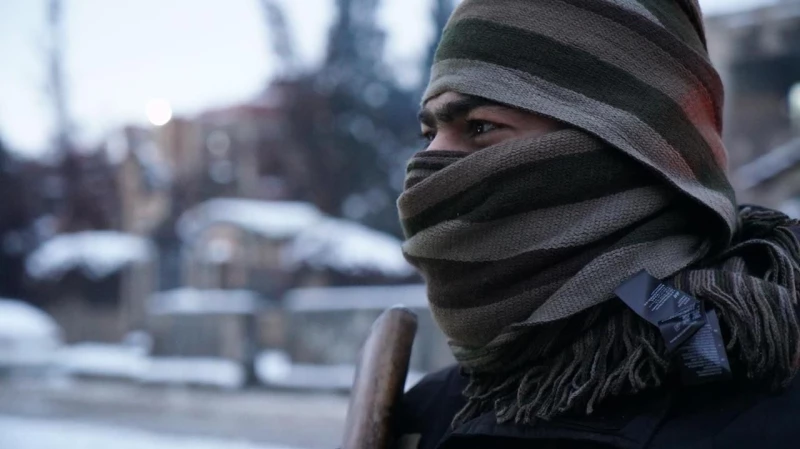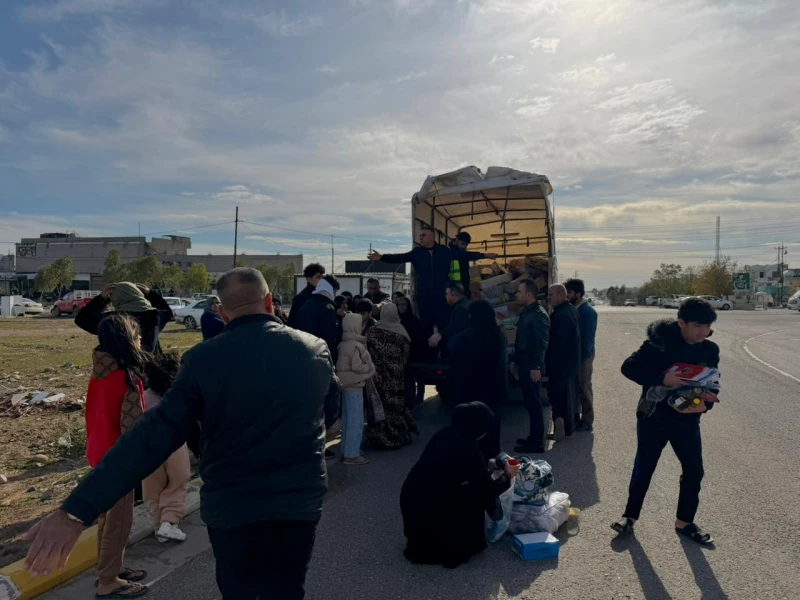For over 25 years, the border strip between the Kurdistan Region and Turkey has been marred by security tensions, with continuous airstrikes and artillery bombardments stemming from confrontations between the Kurdistan Workers’ Party (PKK) and Turkish military units.
These clashes have tragically resulted in civilian casualties, injuries, and the displacement of hundreds of village residents. Additionally, considerable material damage has been inflicted upon these communities.
Amid the challenging security landscape plaguing border communities, Hussein Haji, a 65-year-old resident of the village of Hiror in northern Duhok province, remains resolute in his decision to remain in his village despite the prevailing tensions and risks.
Speaking to The New Region, Haji recounts the arduous security challenges his village has endured in recent years, navigating through the perils posed by clashes between the PKK and Turkish forces.
“These circumstances have prompted residents of neighboring villages to seek refuge in safer areas,” he said.
Located approximately 4 kilometers from the Turkish border, the village of Hiror, nestled within the district of Amedi in northern Dohuk province, is home to around 40 families. Tucked away in a valley surrounded by mountains and nourished by streams of water from natural springs, Hiror thrives on agriculture and livestock, forming the bedrock of its residents' livelihoods.
Life amid the shadow of bombs
Hussein recounts that during the summer of 2021, the tranquility of their village was shattered by the descent of 18 Turkish artillery shells, which landed in the middle of their homes.
“Miraculously, there were no human casualties, but the incident sparked fear and anxiety among the residents, particularly the women and children,” he said.
“Although some buildings sustained damage, the most harrowing moments came during intense armed confrontations between the PKK and Turkish forces in the outskirts of the village,” he added.
Despite these perilous conditions, the steadfast villagers refused to abandon their ancestral home.
Haji reflects on the profound significance of his village, describing it as not just his birthplace, but also his “sanctuary”.
Recounting the traumatic events of 1988, when Saddam Hussein's forces unleashed a brutal assault during the notorious Anfal campaign, he vividly recalls the devastation that forced them to flee their home.
Forced to seek refuge in Turkey, they endured untold hardships.
“I adamantly refuse to relive the bitter and painful ordeal of displacement. My village holds immeasurable value to me, and I will not abandon it, regardless of the challenges we face,” he insisted.
From Basra to Hiror
Nasreen Abdullah, 51, paints a vivid picture of the hardships endured by her village, Hiror, in recent years, labeling the conditions as "difficult."
Recalling the unending Turkish bombardment and the relentless gunfire from PKK fighters, she expresses the profound anxiety it instilled in the community.
Her heartfelt hope is for a future free from the trauma of conflict, where they can lead peaceful, secure lives far removed from the harrowing sounds of bomb explosions, artillery fire, and the ominous roar of warplanes.
She highlights the current tranquility prevailing in their village, a welcome change that has attracted tourists from various parts of Iraq, including Baghdad, Basra, Anbar, Mosul, and Najaf, eager to bask in the natural beauty and temperate climate during the summer months.
She mentions ongoing efforts to set up accommodations for tourists during the winter season, aiming to extend their stay and enhance the local tourism experience.
Nasreen speaks proudly of their village's recent resurgence, buoyed by successful crop sales, and expresses a heartfelt wish for sustained stability, shielding their region from the ravages of armed conflicts and the relentless barrage of daily bombardments that have taken a toll on remote communities.
The PKK is an armed group that has fought for increased Kurdish rights in Turkey for decades, the group, designated as a terrorist organization by Ankara, uses mountainous areas of the Kurdistan Region as shelter and often engages in direct armed conflict with Turkey.
Their presence in these remote areas has prompted repeated Turkish incursions, purportedly aimed at dismantling the group’s strongholds. Turkish forces have intermittently conducted airstrikes and artillery barrages targeting PKK positions, often establishing military outposts along the border as part of their response.
Civilians bear the brunt
The Kurdistan Regional Government (KRG) asserts that the influx of PKK fighters, in conflict with Turkey, has inflicted significant harm upon approximately 4,500 villages along the Region’s border with Turkey.
Consequently, the regional government has faced substantial challenges in delivering essential services to these communities, hampered by ongoing bombardments and security concerns.
In a recent statement, Dindar Zebari, the KRG’s Coordinator for International Advocacy, highlighted the dire situation facing 169 villages in the Amedi district.
Zebari noted that residents of these villages have been deprived of managing their properties, tending to their agricultural lands, and even visiting their own homes due to the presence of PKK fighters.
Moreover, Zebari revealed alarming statistics, indicating that between 1995 and 2020, 32 civilians fell victim to Turkish airstrikes purportedly targeting PKK positions.
Additionally, Zebari lamented the plight of 113 border villages within the Kani Masi and Sheladze districts of Amedi, which remain unreconstructed due to the persistent presence of PKK fighters.
Zebari adamantly denounced the exploitation of Kurdistan Region's territories as a springboard for assaults on neighboring nations. In past remarks, he urged regional leaders to facilitate the evacuation of these villages, thereby enabling their inhabitants to dwell in tranquility, as per the statement.
The peak in incidents was observed during the final two years of the conflict, with 20 occurrences recorded in both 2020 and 2021.
In 2022, the Birx Resort, a prominent tourist destination in Zakho, fell victim to a bombing carried out by Turkey.
The attack claimed the lives of nine individuals and left 30 others injured, including women and children.
The majority of the victims hailed from central and southern provinces of Iraq.
Enforcement Monitoring Posts
In July 2023, the Iraqi Ministry of Interior unveiled plans for the establishment of surveillance posts near the zero point of the Iraqi-Turkish border strip.
According to a statement issued by the Ministry in July 2023, the border guards are spearheading the construction efforts, with substantial backing from higher authorities.
The statement also emphasized that "the advancements underscore the leadership's commitment to enhancing border control and security by leveraging modern technologies to surveil suspicious activities and apprehend individuals violating the law."
Prime tourist destination
Tourism expert Abdulrazzaq Naheli in an interview with The New Region said that security and stability stand as the cornerstone for the resurgence and advancement of tourism in any region.
He highlighted that the armed clashes between the PKK and Turkish forces have largely affected the tourism industry in Dohuk province in recent years.
Naheli further elaborated that Dohuk province emerges as the prime location for the tourism sector within the Kurdistan Region, as per the regional government's planning in 2012.
He added that Amedi district stands out as the premier area for initiating tourism ventures due to its well-established infrastructure and unique natural landscape.
According to him, in recent years, the daily influx of tourists to Amedi district has surged to approximately 20,000 individuals.
This surge has significantly invigorated the economic vitality of the local residents, prompting some to transition from agriculture to employment within the tourism sector.
We do not want war
Haji reflects on the tumultuous history that has befallen his village, recounting the tragedies endured over decades due to assaults perpetrated by the former Iraqi regime forces.
This region, serving as a bastion for the Kurdish liberation movement and the Peshmerga forces from 1961 until 1988, has borne witness to the flow of conflict.
With the onset of the 1990s, another chapter of security tension and instability unfolded as PKK sought refuge in the area, utilizing its mountains as their primary stronghold.
In response, Turkish forces launched periodic attacks on their positions.
"We are not participants in this conflict, nor do we welcome the presence of the PKK in our region. We reject the transformation of our land into a battlefield. Our aspiration is to inhabit our land in peace and security,” Haji said.
"I aim to transform my village into a renowned tourist destination, drawing visitors from across Iraq to revel in its enchanting ambiance and stunning natural beauty,” he added.

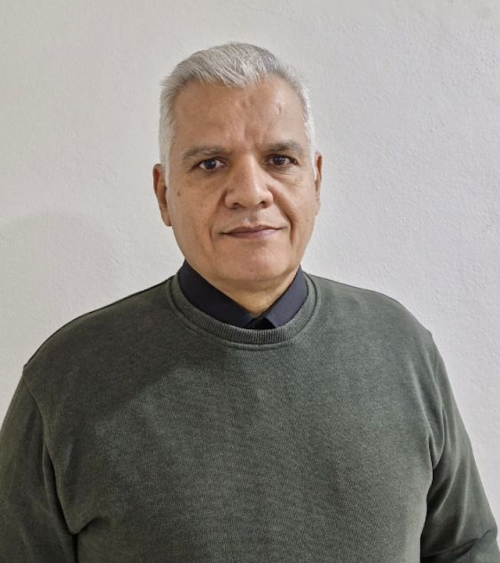
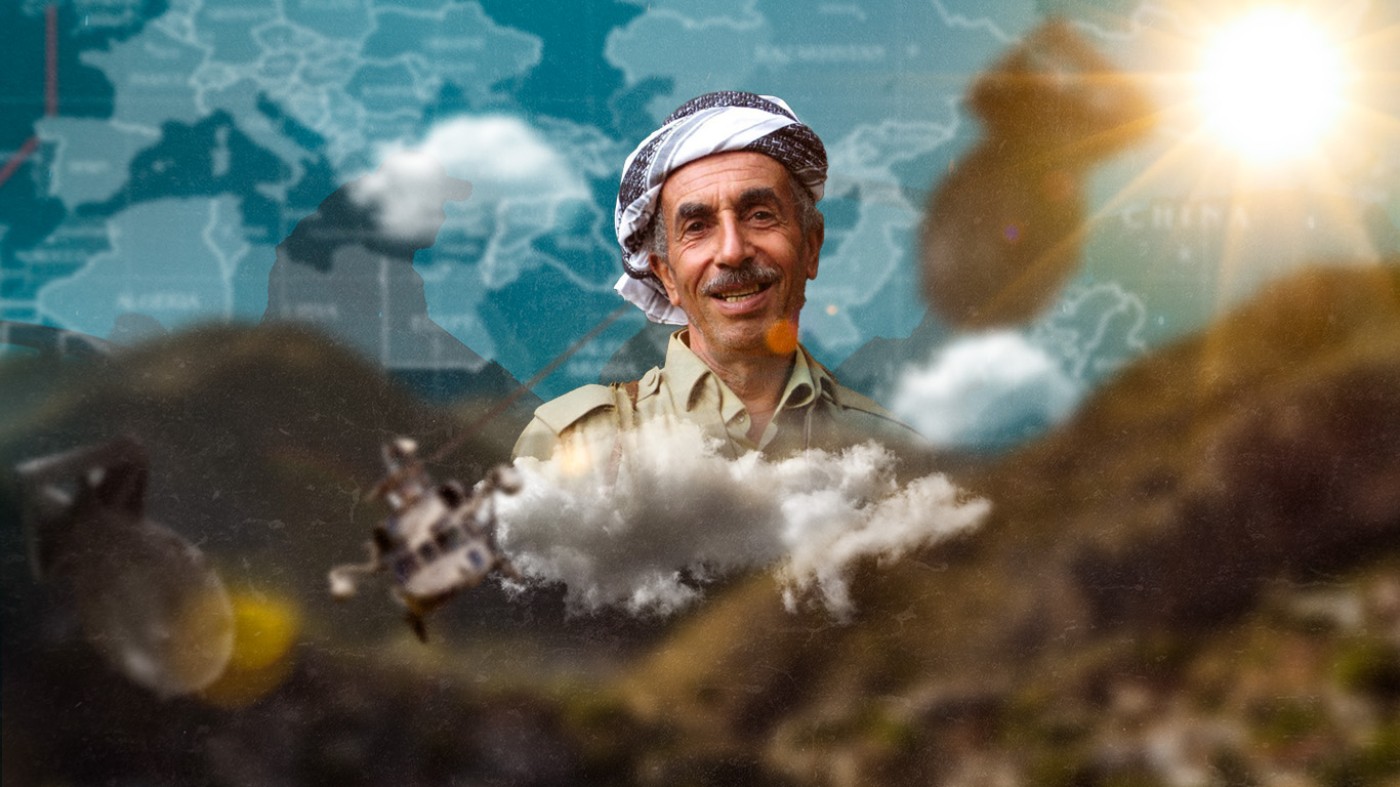
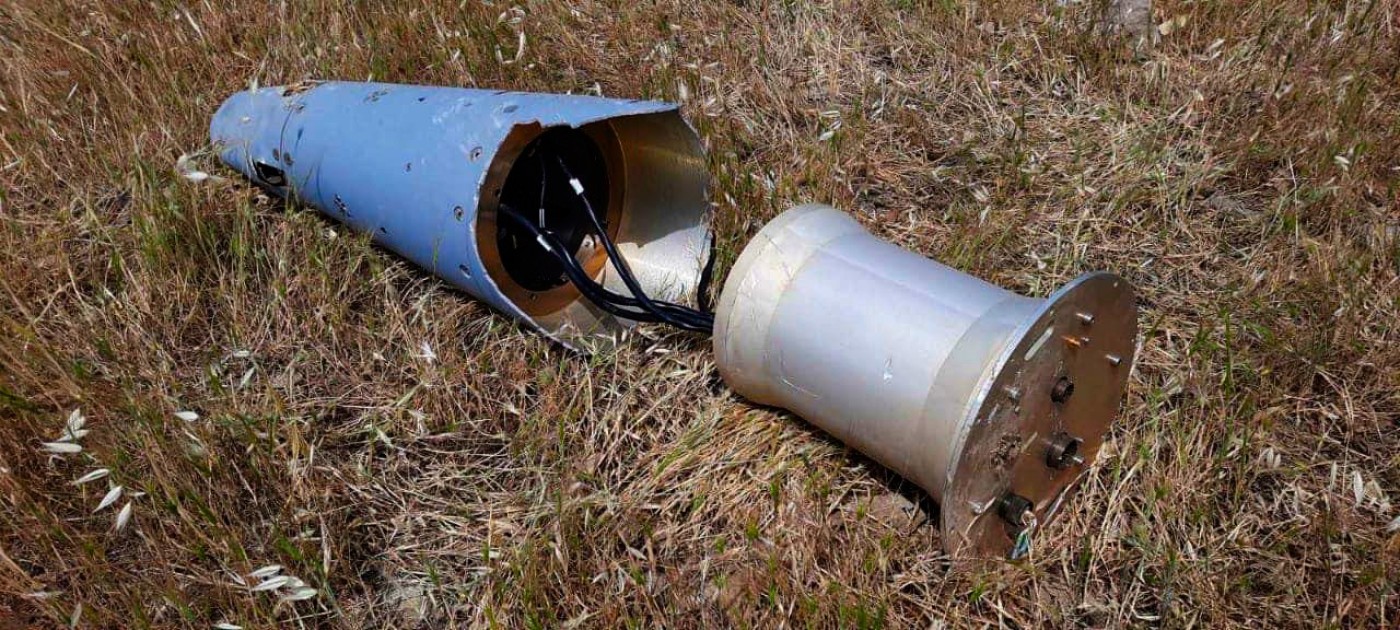
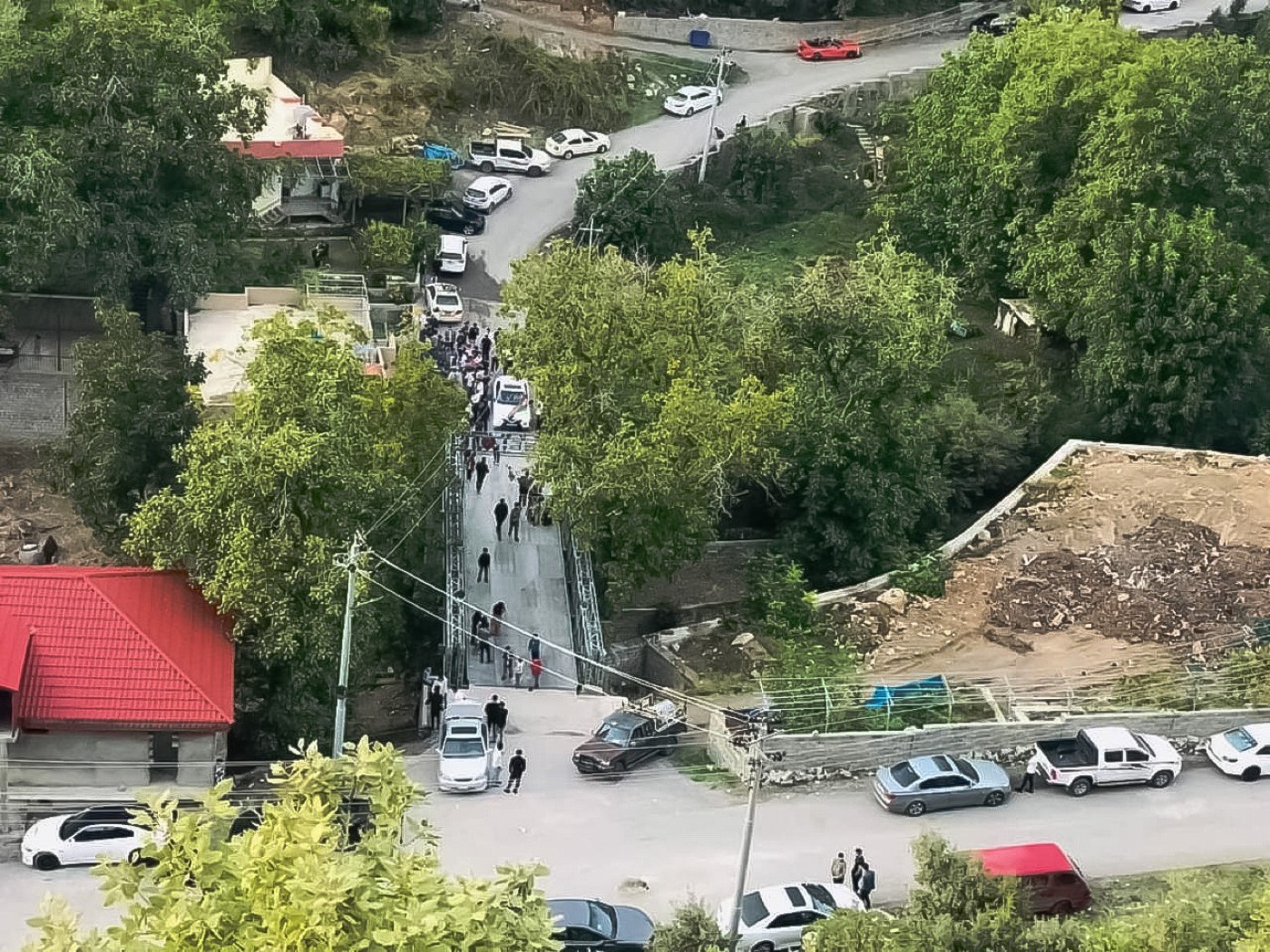
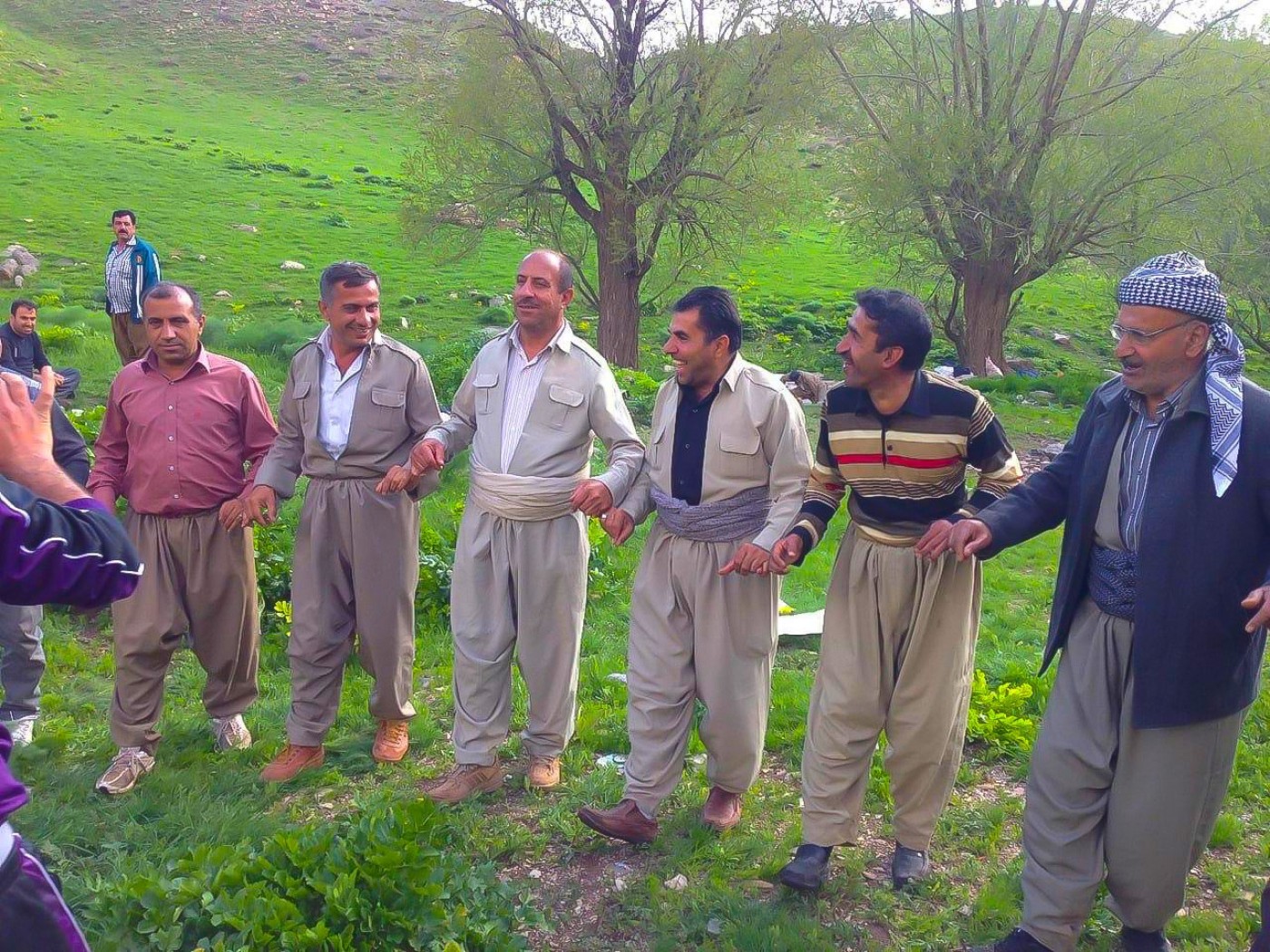
 Facebook
Facebook
 LinkedIn
LinkedIn
 Telegram
Telegram
 X
X
